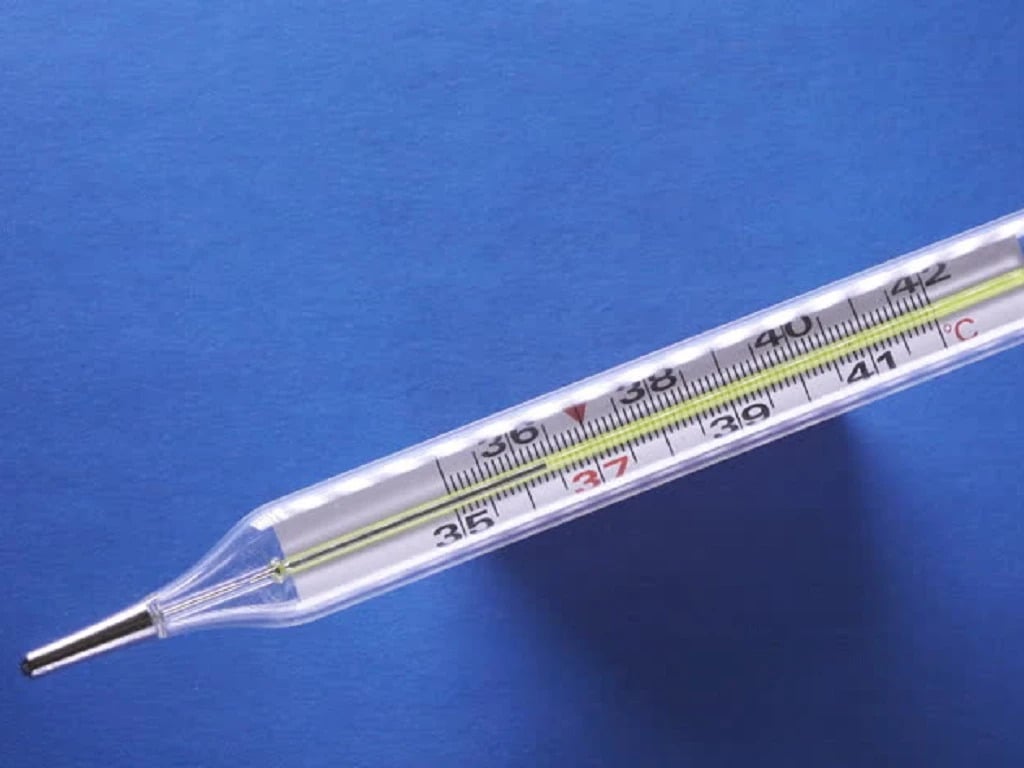In fact, our temperature ranges from 35.6 to 37.5 degrees Celsius, with an average of 37 degrees Celsius, according to The New York Times (USA).
However, a study of 126,000 people conducted between 2008 and 2017 found that the average human body temperature is around 36.6 degrees Celsius. Recent studies have shown similar results. Some experts believe that over time, the human body temperature gradually becomes cooler.

Many factors can affect body temperature measurement results.
Factors affecting body temperature
Many factors can affect body temperature measurement results.
First, the temperatures of the organs in the body are different. Accordingly, the rectal temperature is higher than the oral temperature and also significantly higher than the skin temperature.
Second, body temperature will fluctuate during the day, typically being lower in the morning and higher in the late afternoon.
Third, even our body temperature changes when we have just eaten or drunk something.
Fourth, in terms of gender, women tend to be slightly warmer than men.
Fifth, in terms of age, young people often have higher temperatures than older people.
Sixth, thermometers can also vary and give different results, depending on how they are calibrated.
38 degrees Celsius or higher is considered a fever
"Like heart rate or blood pressure, body temperature also has a range," said Waleed Javaid, MD, professor of medicine at the Icahn School of Medicine in the US.
According to the US Centers for Disease Control and Prevention (CDC), a temperature of 38 degrees Celsius or higher is considered a fever.
However, if the average human temperature were lower, fevers would also be lower. Mr Javaid suggests that we are likely to miss mild fevers due to current temperature standards.
High temperature is a sign for us to review our health but body temperature is not the only factor you need to pay attention to.
According to doctors, for mild fever, we should consider other signs to better understand the health status.
Source link



![[Photo] Keep your warehouse safe in all situations](https://vphoto.vietnam.vn/thumb/1200x675/vietnam/resource/IMAGE/2025/10/1/3eb4eceafe68497989865e7faa4e4d0e)































![[Photo] President of the Cuban National Assembly visits President Ho Chi Minh's Mausoleum](https://vphoto.vietnam.vn/thumb/1200x675/vietnam/resource/IMAGE/2025/10/1/39f1142310fc4dae9e3de4fcc9ac2ed0)





























































Comment (0)